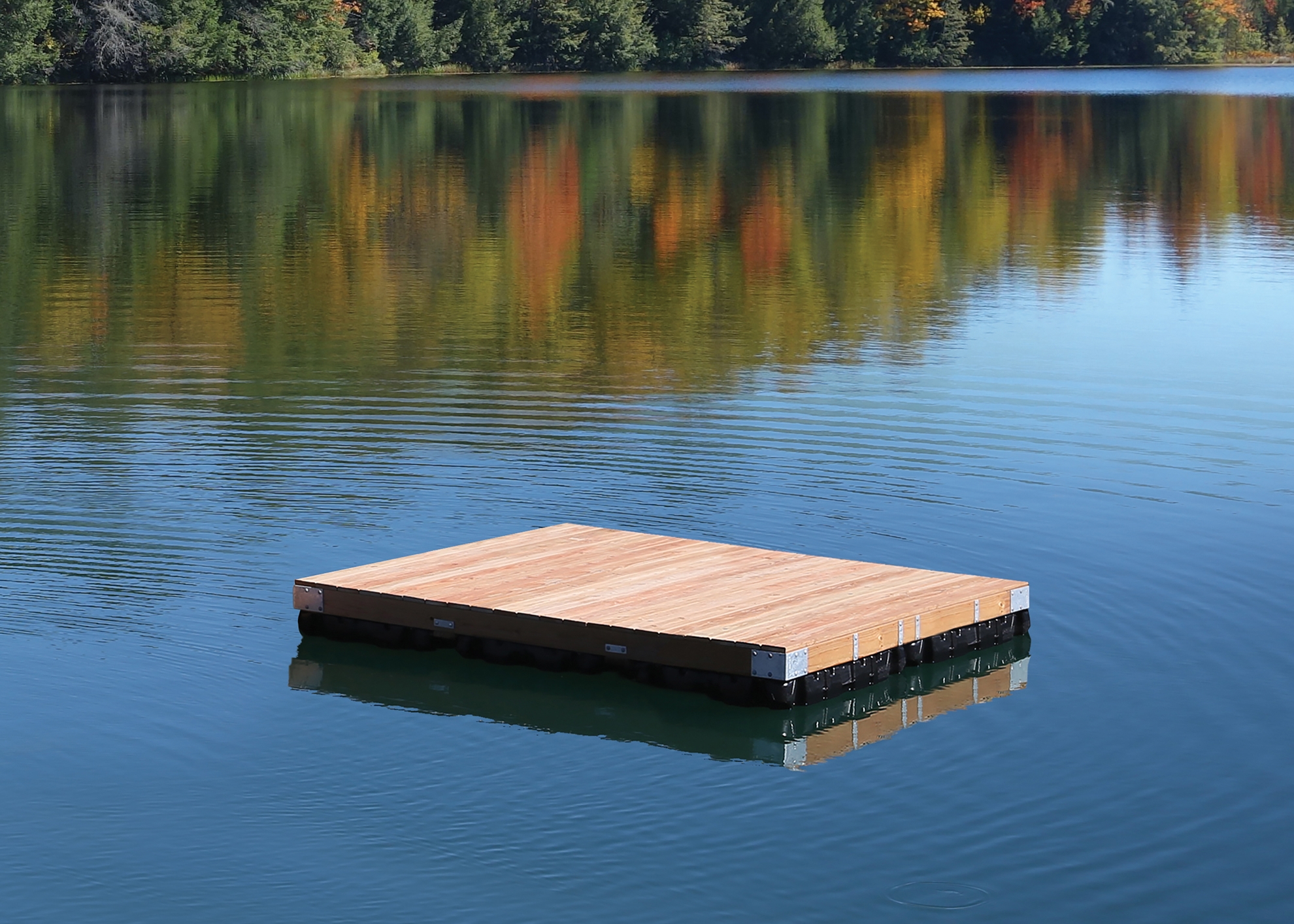Navigating the Options: Picking the Right Dock Company for Your Floating Dock Job
Navigating the Options: Picking the Right Dock Company for Your Floating Dock Job
Blog Article
Floating Docks: The Suitable Option for Versatile Water Accessibility
Floating docks present a compelling remedy for a range of water access needs, supplying versatility that transcends conventional mooring choices. The modular nature of floating docks assists in modification, providing to certain needs.
Advantages of Floating Docks
Floating docks deal countless benefits that boost water gain access to for various applications. Their capability to drop and rise with transforming water degrees makes them specifically useful in environments with rising and fall trends or seasonal variants. This flexibility makes sure that vessels can easily moor without concern for the water's depth, offering a trustworthy platform for recreational, industrial, and industrial usages.
Additionally, floating docks are often constructed from durable products that stand up to deterioration, making them appropriate for long-lasting use in marine environments. Their installation is usually much less intrusive than standard set docks, minimizing the ecological effect and facilitating quicker implementation (dock company). This versatility permits easier relocation or reconfiguration according to individual demands or ecological modifications
Security is an additional essential benefit; floating docks can give secure gain access to for people boarding or disembarking from boats and decrease the risk of mishaps linked with unsteady surfaces. They can be created to fit a selection of devices, such as cleats and fenders, improving functionality. Generally, floating docks stand for a reliable remedy for improving water accessibility across diverse fields while promoting security and environmental sustainability.

Kinds Of Floating Docks
Numerous kinds of floating docks deal with different requirements and atmospheres, each designed with particular features to maximize functionality. One of the most usual kinds include modular docks, which contain interlocking areas that permit for easy personalization and development. These docks are optimal for leisure use, as they can be customized to fit numerous boat sizes and water problems.
One more popular choice is the stationary floating dock, which stays anchored in position however drifts with changing water levels. floating dock services. This kind is specifically suited for locations with minimal tidal changes, providing secure gain access to for angling or swimming. Additionally, there are drive-on docks, which include a sloped style that allows boats to conveniently drive on and off, making them appropriate for personal watercraft and smaller vessels
For industrial applications, durable floating docks are offered, created from reinforced products to endure significant loads and extreme marine environments. Finally, eco-friendly floating docks utilize sustainable products and styles to minimize environmental influence, commonly including features like greenery to support neighborhood wild animals. Recognizing the numerous types of floating docks ensures that users can pick one of the most proper solution for their details requirements.
Setup Refine Overview
A successful setup of floating docks requires careful planning and focus to detail to ensure ideal performance and security. The initial step includes examining the site problems, including water deepness, current, and possible obstacles. This assessment notifies the option of the ideal dock products and design tailored to the particular environment.
Following, obtaining essential authorizations is critical, as many jurisdictions have policies relating to building and construction on water bodies. The installment can continue as soon as consents are safeguarded. Begin by preparing the structure, which might include anchoring systems or pilings tailored to the dock kind and neighborhood conditions.
Complying with the structure setup, put together the dock sections according to manufacturer requirements. Guarantee that all components are firmly attached and lined up to endure environmental anxieties. Placement the dock in the marked area, ensuring it is level and secure.

Upkeep Tips and Best Practices
After the installation procedure is total, recurring upkeep plays an important duty in guaranteeing the long life and functionality of floating docks. Routine inspections must be conducted to identify any kind of signs of damage, degeneration, or wear - floating dock company. Examine for any loosened installations, fractures, or separation in the dock sections, as these can jeopardize structural stability
Cleansing the dock is important to eliminate debris, algae, and various other build-up that can impact its look and safety. Make use of a gentle pressure wash occasionally to keep cleanliness without causing damage to the surface. Furthermore, applying a safety sealer every couple of years can aid improve durability and stand up to ecological wear.
Take note of the mooring lines and anchors, guaranteeing they are totally free and protected from corrosion. Replace any degraded elements immediately to prevent threats. Seasonal adjustments may also be required; during severe weather condition conditions, reinforcing the dock or rearranging can Check Out Your URL prevent damage.
Applications for Floating Docks
Floating docks serve a wide variety of applications, satisfying both recreational and commercial demands. In leisure settings, they give seamless accessibility to waterways for activities such as boating, fishing, and swimming. Their flexible nature permits for setup in differing water degrees, ensuring stable and safe access no matter tidal fluctuations.
Commercially, floating docks are essential for marinas and beachfront companies. They promote the docking of vessels, making it possible for reliable dumping and loading of goods. Their modular layout permits easy growth or reconfiguration to suit altering organization demands, making them excellent for boat leasings, tour operations, or fishing charters.
Additionally, floating docks are used in ecological applications such as aquatic study and habitat remediation. They can work as systems for scientific studies, keeping an eye on water quality, or carrying out wildlife surveys without disturbing sensitive communities.
In commercial contexts, floating docks are employed in building and construction projects, providing accessibility to hard-to-reach locations for devices and personnel. Their flexibility, longevity, and very little influence on the setting make them an ideal option for a large range of applications, improving both performance and availability in various water-based settings.
Conclusion
In final thought, floating docks stand for an ideal service for diverse water access needs, owing to their adaptability, longevity, and modular style. Floating docks serve as an important possession for entertainment, commercial, and ecological tasks, making certain reliable accessibility to waterways and advertising lasting techniques in water atmospheres.
Floating docks present a compelling solution for a range of water accessibility requires, offering convenience that transcends typical mooring choices.Floating docks deal various benefits that enhance water gain access to for numerous applications. Generally, floating docks represent a reliable option for boosting water gain click here to find out more access to across diverse markets while advertising safety and security and ecological sustainability.
One more preferred choice is the stationary floating dock, which stays anchored in location but floats with altering water degrees.In final thought, floating docks represent check an optimum service for varied water access needs, owing to their adaptability, resilience, and modular layout.
Report this page